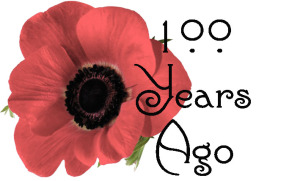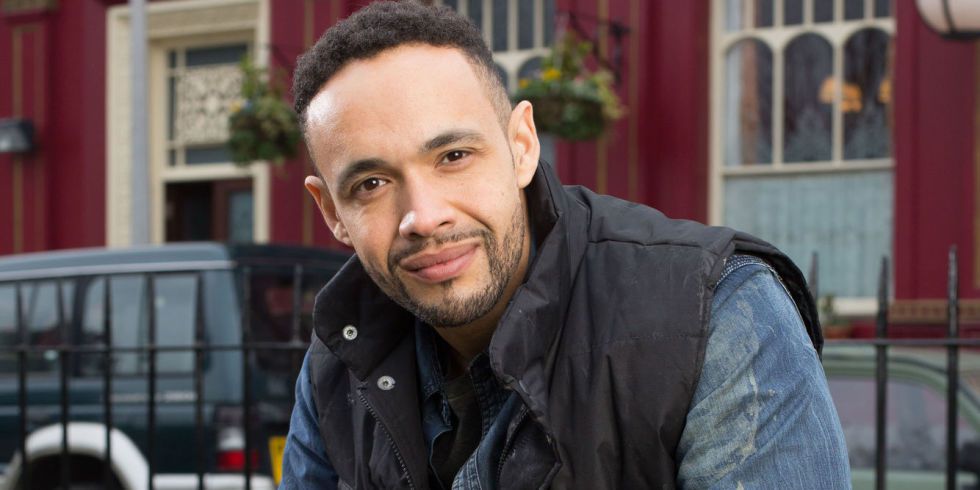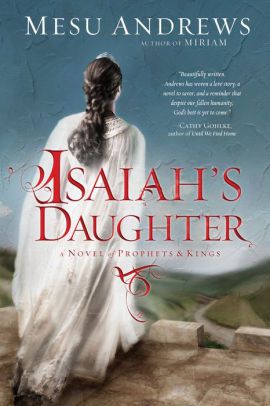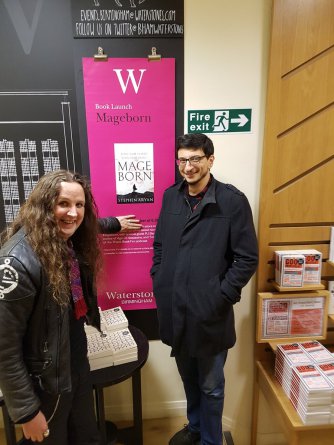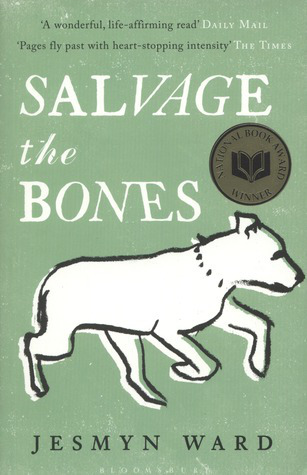 “I will tie the glass and stone with string, hang the shards above my bed, so that they will flash in the dark and tell the story of Katrina, the mother that swept into the Gulf and slaughtered. Her chariot was a storm so great and black the Greeks would say it was harnessed to dragons. She was the murderous mother who cut us to the bone but left us alive, left us naked and bewildered as wrinkled newborn babies, as blind puppies, as sun-starved newly hatched baby snakes. She left us a dark Gulf and salt burned land. She left us to learn to crawl. She left us to salvage. Katrina is the mother we will remember until the next mother with large, merciless hands, committed to blood, comes.” Salvage the Bones, by Jesmyn Ward
“I will tie the glass and stone with string, hang the shards above my bed, so that they will flash in the dark and tell the story of Katrina, the mother that swept into the Gulf and slaughtered. Her chariot was a storm so great and black the Greeks would say it was harnessed to dragons. She was the murderous mother who cut us to the bone but left us alive, left us naked and bewildered as wrinkled newborn babies, as blind puppies, as sun-starved newly hatched baby snakes. She left us a dark Gulf and salt burned land. She left us to learn to crawl. She left us to salvage. Katrina is the mother we will remember until the next mother with large, merciless hands, committed to blood, comes.” Salvage the Bones, by Jesmyn Ward
Last week, as Hurricane Harvey had its way with Houston, I wrote about an excellent work of investigative journalism that came out of Hurricane Katrina: Sheri Fink’s Five Days at Memorial: Life and Death in a Storm Ravaged Hospital,
This week, as Hurricane Irma gathered strength, I finally got around to reading Jesmyn Ward’s fine novel about Hurricane Katrina, Salvage the Bones.
Jesmyn grew up with her family in rural Mississippi trailer parks. Her father had been a gang member; he eventually abandoned the family, but not before the pit bull he was raising attacked Jesmyn, sending her to the hospital.
In 2005, Jesmyn’s family survived Hurricane Katrina. They had to evacuate her grandmother’s house, wade through chest deep water, and wait out the storm in their cars as flood waters swirled around them. Jesmyn was moved to write a novel about the hurricane, in part, because people seemed to forget about Katrina’s devastation long before the land and the people were healed. As a writer, she also must have been compelled to translate this life-threatening and life-changing episode into art.
Salvage the Bones is about an African American family and their rural community of Bois Sauvage, Mississippi, where most of the residents are poor, much like the place where Jesmyn grew up. It’s written from the viewpoint of 15-year-old Esch, who has just discovered she is pregnant. She has three brothers and a hard-drinking father; one of her brothers is raising pit bulls for fighting. China, the pit bull mama, is just as much a character as the people in this novel, as well as a symbol of strength, power, and vengeance.
In the opening pages, I felt a stranger to this family, whose experiences and culture are so foreign to mine even though we live in the same country. By the end, I’d fallen in love with Esch and her family. I even had a grudging respect for China the pit bull, which says something about the power of Ward’s writing – I’ve always disliked and feared pit bulls. I couldn’t help but be awed by Jesmyn West’s fiction. Her writing is outstanding – fierce, evocative, and gritty. Jesmyn has said that she strives for a “narrative ruthlessness.” Salvage won the National Book Award in 2011.
I plan to read Jesmyn’s memoir next. Men We Reaped is about the deaths of Jesmyn’s brother and four other young black men she knew due to car accidents, drugs, and suicide. And she’s just published another novel, Sing, Unburied, Sing.
You can listen to an interview with Jesmyn Ward on NPR at this link.
Have you read any books by Jesmyn Ward? What about the literature of natural disasters – any books to recommend?
Share this:- More
